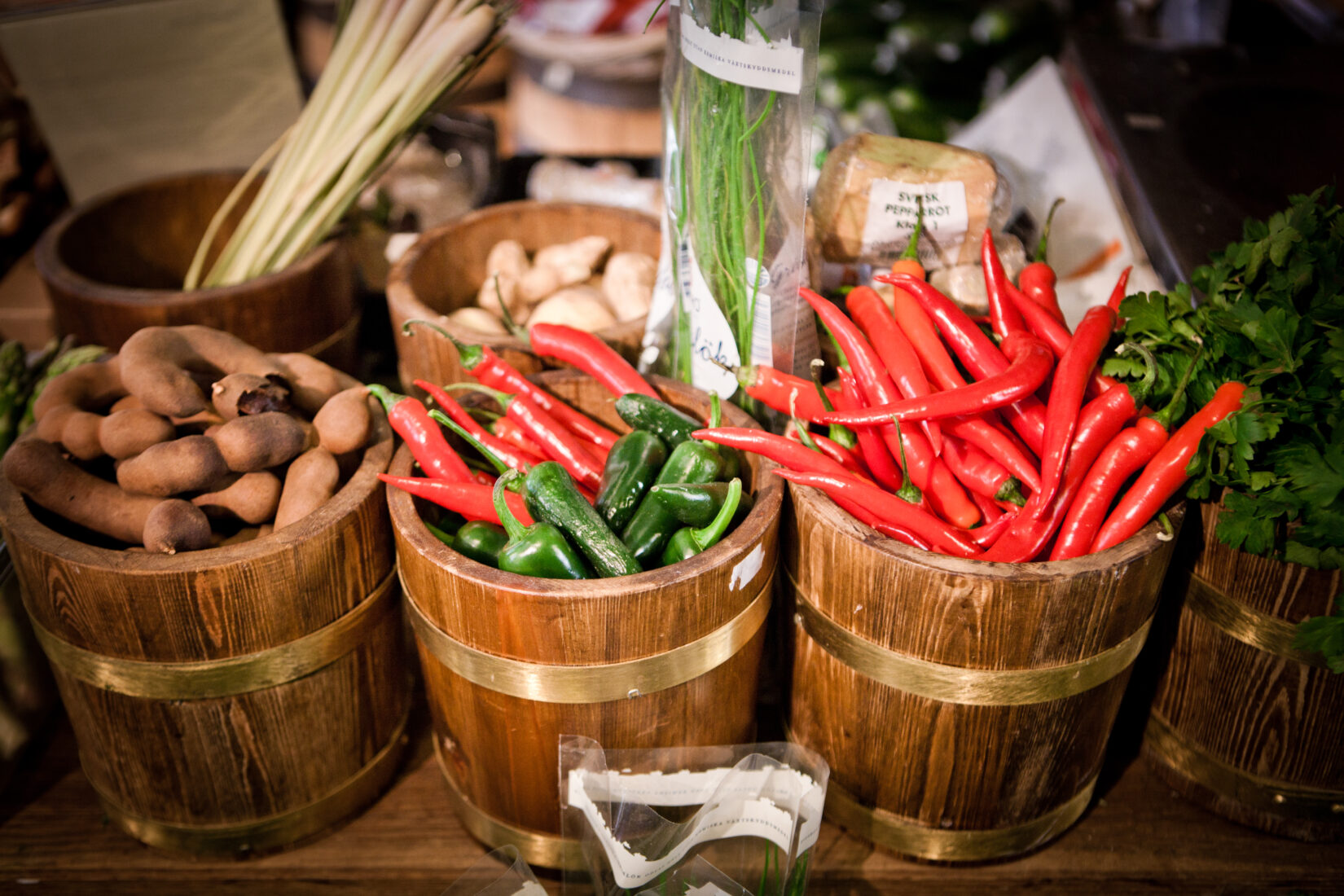Niklas Fjellström is project manager and initiator of the EU-funded project BASCIL. The project works with local food production and rural tourism and tries to find international solutions to local challenges for farmers in the Baltic Sea region. It is a cooperation between 15 partners from 8 countries around the Baltic Sea.
– The purpose of the BASCIL project is to help local food producers broaden their production and scope and to become culinary destinations. The idea is that they should reach consumers directly and thus shorten the value chain. For this purpose, regional marketing measures are needed as it is easier with effective marketing and to reach more people by joining regional networks. It can be about creating culinary routes, regional restaurant packages, tasting events, pop-up cafes and more. It is also about marketing the Baltic Sea region as a culinary destination.
Niklas Fjellström says that one example of how production could be broadened is if a producer of for example rapeseed oil opens a farm shop to attract tourists and thus increases the value of his product. The stronger the development chain – the more robust the local community and the countryside will become as this means that he can hire people from the local area, which in turn improves the economy in that area.
Before the partnership started the BASCIL project, they had funding from SI for the project BERT. According to Niklas Fjellström, the SI-funded project BERT was imperative for creating the BASCIL project. During the BERT project, the partnership identified challenges related to disruptions in the supply chain in the food sector. They also looked at how to develop rural tourism in the Baltic Sea region. The BERT project aimed to prepare an application for EU funding and to find partners who could be part of a larger project on rural tourism to create a sustainable situation for food-producing farmers around the Baltic Sea.
– The funding from SI meant a lot. It was easy to apply for funds and the money allowed us to conduct meetings and to reach a wider group of project partners for the BASCIL project. For example, we had a large meeting in Gdansk and were able to gather participants from many countries. It was through that meeting that the ideas for the BASCIL project emerged at the same time as contacts with new partners were made.
Part of the work within BASCIL will take place through Hackathons for increased tourism. They will gather the producers and local and regional tourism actors and look at which products tourists demand in other parts of the world.
– Participants will get ideas and inspiration. It will be an interactive workshop where both buyers and sales representatives are present. A joint knowledge bank will be built so that the results can be shared with a much wider public, says Niklas Fjellström.
– Looking back, we have been involved in running a whole chain of projects with alternating SI funding and EU funding. We have had a core group with a well-functioning cooperation and then we have been able to bring in new partners with new ideas and strengths. The lesson learned is that it is essential to constantly develop, and that this happens a lot through personal contacts. You think differently in different cultures, have different business cultures and learn from each other.
Facts
This article was first published in spring 2023.
The BERT project was funded by the Swedish Institute through the funding scheme Seed funding for cooperation projects in the Baltic Sea region. The funding scheme has been replaced by the SI Baltic Sea Neighbourhood Programme.
The SI Baltic Sea Neighbourhood Programme is a programme that funds projects in which Swedish organisations work on cross-border challenges and opportunities together with organisations from the EU countries around the Baltic Sea and countries of the EU’s Eastern Partnership.
There are two different types of grants to apply for within the framework of the SI Baltic Sea Neighbourhood Programme: seed funding and cooperation projects. The next call for seed funding will take place in summer 2024. Join an info seminar 11 June to learn more about the call. Register using this link.
